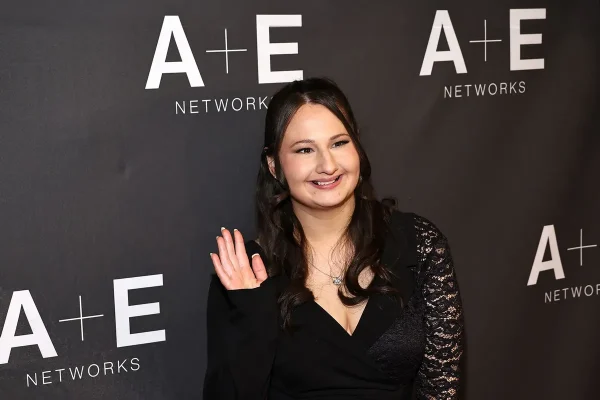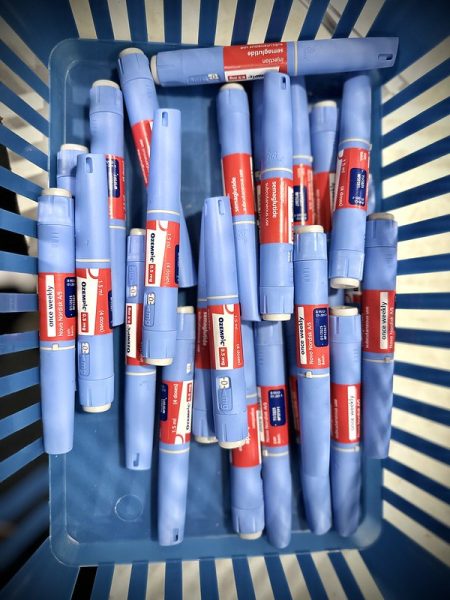Did that actually happen?

More stories from Coco Corey
My sister often recalls stories from our childhood that prompt my mother and I to say, “that never happened.” Some of them are so outrageously hilarious that we can’t believe she even believed they happened, yet she is adamant that she remembers them vividly. As odd as this may seem, she is far from alone in being a victim to this strange phenomenon. False memories, in fact, are surprisingly common.
Alteration within our memories can occur for a variety of reasons. While we tend to think of our memory as an ever-running recording device, this is not the case. Our brain moves memories from temporary storage to permanent storage while we sleep. We may live through an event, but we aren’t wired to take in every bit of information around us during it. At the same time, we are simultaneously bombarded with an overabundance of stimuli from other sources. This leads our brain to fill in the gaps of our experience with that of other stimuli. The more stimuli we encounter, the more of a blur and the more likely false memories occur. So it is actually easy to understand how, as a kid, we might have simply seen a photograph of our grandma in the kitchen and formed a memory of baking with her; hence, the misconstrued take on what actually happened.
False memories are usually harmless and can lead to some funny, albeit inaccurate, recollections. My sister, Sloane, is certain that when we were children our mom told us it was illegal to drink milk in the car. Funny, right? However, they also can lead to some scary and detrimental consequences. Implanting false memories is surprisingly easy to do and has led to many innocent people being charged with crimes. Many people believe that that is what happened in the famous Steven Avery (Making of a Murderer on Netflix) case. According to Elizabeth F. Loftus, professor of psychology and adjunct professor of law at the University of Washington, “corroboration of an event by another person can be a powerful technique for instilling a false memory. In fact, merely claiming to have seen a person do something can lead that person to make a false confession of wrongdoing “(“Creating False Memories”). Our memory may be the photo and not the actual moment, making us outside observers in our own lives.
Fake news is also a big producer of false memories. “Highly emotionally provocative information stands a stronger chance of lingering in our minds and being incorporated into long-term memory banks. The allure of fake news is therefore reinforced by its relationship to memory formation. A recent study, published in Psychological Science, highlighted that exposure to propaganda may induce false memories” (“Fake News Grabs Our Attention, Produces False Memories and Appeals to Our Emotions”).
This begs a frightening question: if our world continues to produce a plethora of stimuli through more and more channels, at what point will reality begin to blur with fantasy? It sounds like science fiction, but will there come a time when we truly won’t be able to rely on our own recollections?
With the advent of smartphones, we may eventually be looking back at our memories entirely in the third person. We know that some false memories occur from looking at childhood photos and having a false sense of living in those moments, but what if we begin seeing the bulk of our life’s memories from an outsider’s perspective?
According to Alixandra Barasch, a cognitive scientist at NYU, she finds that, yes, incessant smartphone camera use can lead to lapses in memory. “Photos are increasing visual memories,” Barasch says, “but it doesn’t come without a cost” (Resnick).
We are making more photographic evidence of memories, but these aren’t linked to the other stimuli in the moments. We are focused on getting the photo and we ignore the sounds, smells, and other senses around us. Thus we have a more superficial memory of the event and are more disconnected from it. Our memory may be the photo and not the actual moment, making us outside observers in our own lives.
When I think of the false memories my sister has shared with me, they elicit laughter. For the most part, false memories are harmless. Yet, the increasing elements in our environment that are causing them are less humorous. While most of us will never have to worry about someone planting a false memory on us to frame us for crimes, we all are victims of inflammatory fake news and, without a doubt, the distraction of smartphones. Maybe we should be asking ourselves: do I really remember this moment in that way, and even more frightening for consideration, did this ever actually happen?

Coco Corey is a senior entering her second year writing for The Central Trend. Coco plays on the tennis team, and she is also one of the four student section...
























































































